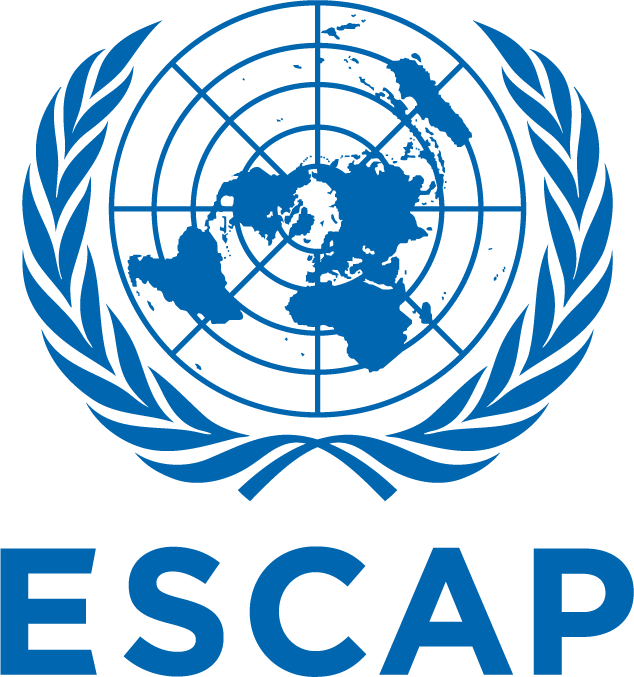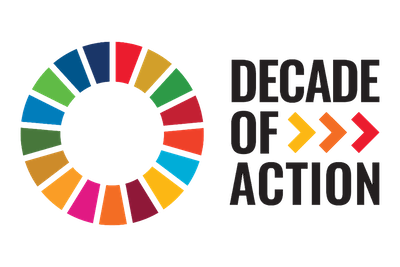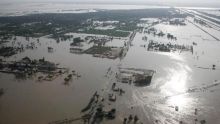
Strengthening resilience and raising climate ambition key for Asian and Pacific countries at COP26
Awareness Building
A person in the Asia-Pacific region is four times more at risk of natural hazards than a person in Africa and sixteen times more than someone in…
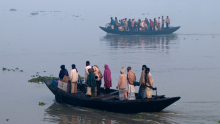
The disaster and health nexus amid the COVID-19 pandemic: challenges of protecting at-risk communities
Awareness Building
Asif Ali (name changed) and his wife live with three children in a rural township bordering India and Bangladesh. Asif lost his job as a…

The Oxygen Express: How regional cooperation can help prepare for future pandemics
Awareness Building
In recent weeks, India’s second COVID-19 wave has been devastating, reaching world records for the total numbers of cases and deaths and…

The world is in lockdown, but tropical cyclones are not
Awareness Building
How do we weather a destructive tropical cyclone during a pandemic? A province in northern Philippines offers some practical pointers.
…
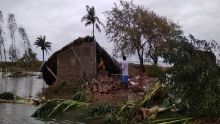
Time and tide wait for no man
Awareness Building
“We have to learn from COVID… We can’t wish away systemic risk. It’s much much cheaper, much more effective to invest upfront in…
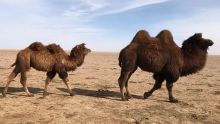
Why keeping global warming below 1.5°C is important but not enough
Awareness Building
The world has already warmed by around 1°C relative to pre-industrial baselines. According to the report of the Intergovernmental Panel on…
